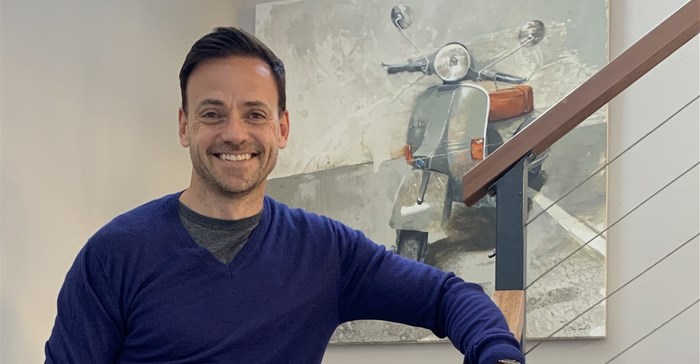Nobel Prize winner Milton Friedman wrote a seminal article in 1970 stating that there is only one social responsibility of business, and that is to increase profits. In essence, he claimed that the sole purpose of business should be about a long-term increase in shareholder wealth, and nothing else. Yes, that's right, the only reason a business should exist, is to make as much money as possible, rather than being concerned about its impact on people or the planet. Unfortunately, this profits-are-everything philosophy caught on and became conventional wisdom. The consequences of the single bottom line paradigm have been dire - from growing inequality, to the destruction of our natural resources, to climate change and global warming.

Mike Middleton, partner, Innate Motion
In South Africa, pressing social needs have pushed business to become involved in developing society over the years in a complex interaction with government, challenging Friedman’s prevailing philosophy of ‘the business of business is business'. Foreign companies that elected to operate in the country during apartheid, particularly American businesses encouraged by the Sullivan Principles to invest in critical societal issues, led the way in showing how a business could serve society. Companies acted as donors to projects offered by a robust civil society, and the term ‘corporate social investment’ (CSI) was coined. CSI, in turn, gained further momentum from 2003 as part of the requirements of the Broad-Based Black Economic Empowerment (BBBEE) Codes of Good Practice.
Triple bottom line
The concept of broader corporate social responsibility (CSR) then evolved, capturing the needs of a business to deal responsibly with all impacts on society, and forming part of a social licence to operate. The King Reports on Corporate Governance further focused South African businesses on the triple bottom line (TBL) - a sustainability framework that examines a company’s social, environmental, and economic impact.
John Elkington, who first developed the TBL concept, now argues it has been captured and diluted by accountants and reporting consultants. Is the bewildering range of reporting frameworks providing businesses with tools to greenwash and alibis for inaction? Are we truly capturing purpose and real-world impact? And is much of social investment still based on enlightened self-interest?
The pandemic has been a litmus test for many companies, and a clear indicator of how a business pursues its purpose and chooses to fulfil a broader role to serve and sustain the society and environment it operates within. Success or failure in TBL sustainability goals must surely be measured in terms of the wellbeing of our people and the health of our environment, and indeed how we continue to address these in challenging times.
Fundamentally, Elkington says we have a hard-wired cultural problem in business, finance and markets, which arguably rears its head even more during a crisis. He says that while business leadership will ‘move heaven and earth’ to ensure that profit targets are met, the same is very rarely true of their people and planet targets. Clearly, the triple bottom line has failed to bury the single bottom line paradigm.
It’s time for a reset
To truly shift the needle, Elkington says we need a new wave of TBL innovation and deployment. "We must start working toward a triple helix for value creation, a genetic code for tomorrow’s capitalism, spurring the regeneration of our economies, societies, and biosphere."
The B Corp movement, a social movement that is transforming the business world to be a force for good, is gaining momentum and offers a ray of hope. In excess of 3,400 businesses worldwide are now certified as B Corps and are configured around the TBL — dedicated to be not just “best in the world,” but “best for the world.”
Understanding all the forces at play that are going to affect the future trajectory of business - whether two or twenty years from now - has become more important than ever, given the fast pace of change of the world we live in. Developing brand and business strategies that are pro human, pro planet and pro shareholder have become more important than ever for continued business success.






































